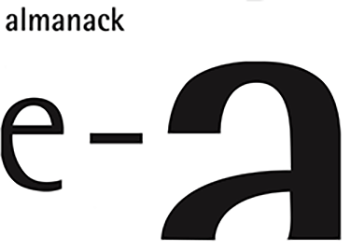Abstract
Count Claude-Louis-Robert von Saint-Germain’s (1707-1778) sweeping military reforms became the subject of massive resistance from officers and the public at large in both Denmark and France in the late 18th century. His French (1775-1777) and Danish (1762-1767) military reforms stood at the junction of two paradoxical ideals which preoccupied French military thinkers in the second half of the 18th century: on the one hand, there was an increasing awareness within the army that the military needed to be professionalized; however, this was not to lead to an equal treatment of all nobles, or of all military personnel within the army. On the other, the professionalization discourse stood against the ideal of the French soldier as a patriot serving his country out of vocation rather than professional interest. Indeed, Saint-Germain’s ideas and political program had much broader implications than the mere transformation of the army. This paper contrasts the image of Saint-Germain and his politics in the eyes of his contemporaries and in the historiography with his own writings and ordinances, from the Seven Years’ War (1756-1763) to his renouncement as French Secretary of War in 1777.
Keywords:
France; Denmark; Saint-Germain; Army; Reform; Administration

 CIRCULATION OF MILITARY KNOWLEDGE: THE FRENCH AND DANISH MILITARY REFORMS OF COMTE DE SAINT-GERMAIN IN THE LATE 18TH CENTURY
CIRCULATION OF MILITARY KNOWLEDGE: THE FRENCH AND DANISH MILITARY REFORMS OF COMTE DE SAINT-GERMAIN IN THE LATE 18TH CENTURY